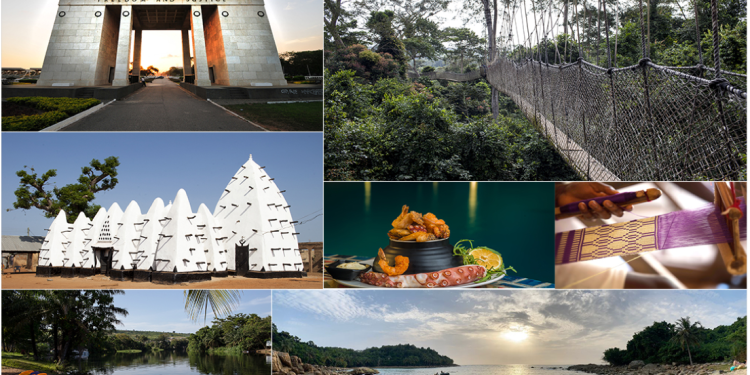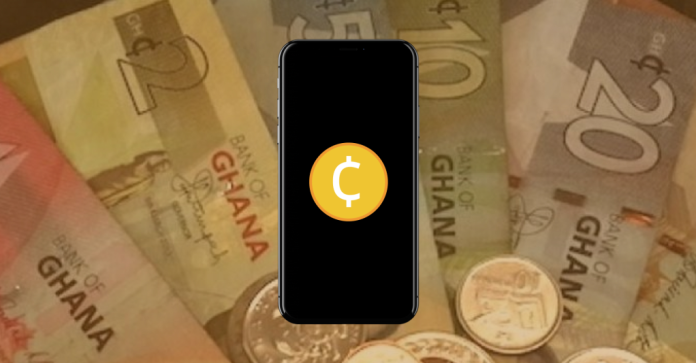A former Vice-Chancellor of the University of Ghana, Professor Ernest Aryeetey, has charged the government to institute policies to insulate the yet to be established Development Bank Ghana (DBG) from any political control interference.
He also wants a robust corporate governance mechanism to ensure the independence of the managers of the bank.
Professor Aryeetey made this call at a national dialogue organised by the Institute of Statistical, Social and Economic Research (ISSER) in Accra on Tuesday, August 31.
The forum was on the topic: “National development bank and sustainable financing in Ghana”.
While noting that the bank’s success would be dependent on multi-stakeholder support, the professor of economics cautioned that any form of interference in the operation of the bank would lead to its failure.
Prof Aryeetey said, “There has never been any doubt in my mind that development banks are relevant in a country like Ghana. But once you allow them to be captured by politicians or any other interest group, they will not work.”
“If parliament wants to control the bank, it will fail; if civil servants want to control the bank, it will fail; if individual businessmen in Ghana want to control the bank, it will fail,” he emphasised.
He underscored that the development bank would be critical in providing long term financing to support economic growth in the country.
Therefore, he recommended that the government make the bank work by using “all the known ideas from today’s corporate governance, having in a place, proper capital structure and make sure that those who govern the institution are independent.”
READ ALSO: Development Bank To Play Counter-Cyclical Role Upon Establishment – ISSER Director
At the same forum, the Director for ISSER, Prof Peter Quartey, noted that the development bank would play a counter-cyclical role in Ghana’s economy upon establishment.
This, he said, would sustain overall investment levels, and the funds made available by the bank would protect the productive sectors of the economy.
In turn, there would be stability in providing goods and services for demand and consumption amid economic downturns.
Prof Quartey noted that the DBG in its operations would share credit risks with commercial banks since it will not be dealing directly with individuals and businesses.
“Because the bank won’t be dealing directly with customers, it will be sharing some associated credit risks with commercial banks, and that will also result in having lower non-performing loans, both of which led to the collapse of the two previous development banks which are the Cooperative Bank and Housing and Construction Bank,” he stated.
Ministry of Finance, European Investment Bank sign €170 million facility for DBG
Meanwhile, the Ministry of Finance and the European Investment Bank signed an agreement in May this year to provide a €170 million facility for the establishment of DBG.
The €170 million facility, according to the President of the European Investment Bank, Dr Werner Hoyer, is the largest facility provided by the bank for the establishment of a development bank in Africa for any other project.
The development bank is an integral feature of the GH¢100 billion Ghana Covid-19 Alleviation and Revitalisation of Enterprise Support (Ghana CARES) initiative, which is seeing to the revitalisation of the Ghanaian economy following the onset of COVID-19.
Upon its establishment, DBG is expected to provide the needed finance in restructuring the economy and move it from being a mere producer and exporter of raw materials to value addition.
















